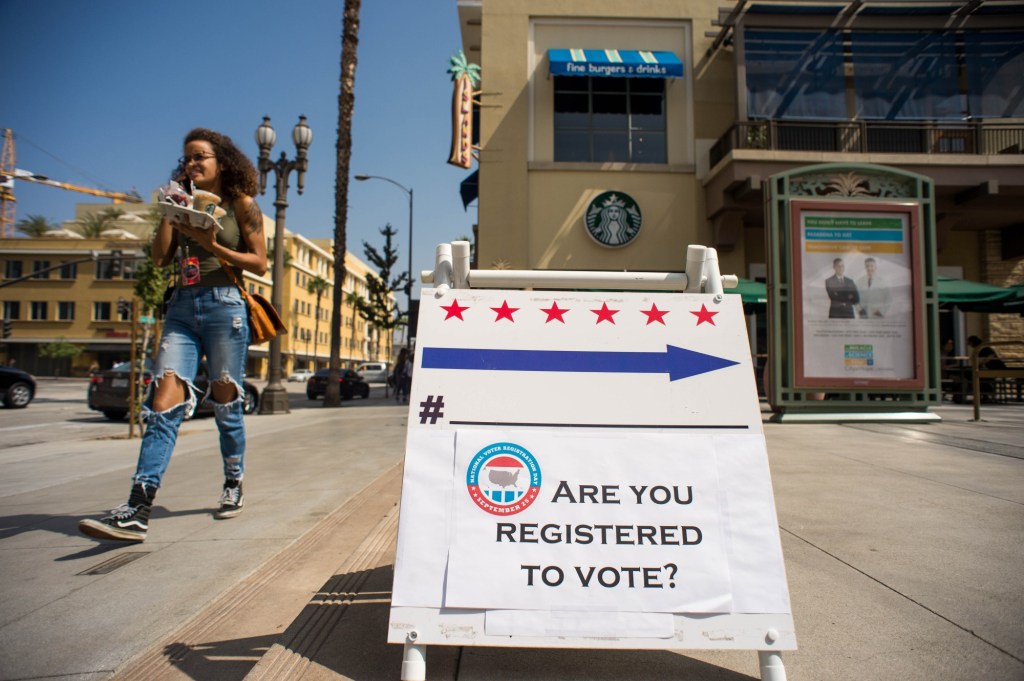
In the 1990s, my four 20-something housemates and I shared two traits: We didn’t vote, and we didn’t recycle.
Like most people in our age group, we warmed to recycling, but not without difficulty. Bringing in glass bottles for a 5 cent deposit we understood — that became pizza money — but why bother rinsing and sorting plastic containers? At the time, curbside recycling was in its infancy, with limited plastics allowed and no metals. Would adding my one tub really make a difference?
Alone, no. If I’d stopped to do the math, the numbers would have been discouraging. Each year, the U.S. produces about 18 billion cubic feet of trash, so tossing my 300 ml tub into the mix would add 1/100th of a cubic foot, or about .000000000006% to the total. To put it another way, I could add 50 plastic tubs to the trash every day for a century and still contribute only one-millionth of one year’s worth of American garbage.
Today, younger generations still see the futility. While most older Americans recycle often, half of Millennials do, and only 44% of Gen Zers. The primary explanation they give is that they doubt their efforts will make a difference — a common refrain from those who don’t vote.
The trouble isn’t that they don’t care. Studies show 20– and 30-somethings have a high level of political interest and civic engagement. But the big trouble with voting, according to many, is that one vote doesn’t matter. My younger self agreed: Why bother when the outcome seems pre-determined in all save a handful of swing states?
But voting, like recycling, isn’t meant to be done in isolation. Together, we recycle more than a third of all waste, reducing carbon dioxide pollution by 193 million metric tons — equivalent to removing 42 million cars from the road. Voter participation increased in 2016 and in 2020 leapt to the highest level in decades. Younger generations lead the trend, surpassing boomers and older voters in 2018 for the first time, and Gen Z participation has risen even further since.
Civic action does bring personal benefits. Nations with high voting populations tend to see greater trust in their governments, a trust that appears to be both a cause and an effect of participation. Life satisfaction and voting are so strongly linked that the correlation rivals that of voting and increased education. At each election, I don’t always get the result or even the choices I like, but I’m glad I now actively participate.

















































